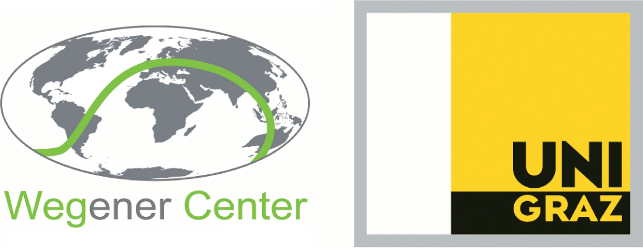
T4Science
Assessing countries' climate pledges under the Paris Agreement: Challenges of quantifying and combining dissonant views on fairness.
Yann Robiou du Pont
University of Melbourne
SR Wegener Center, Brandhofgasse 5, 1st floor
Moderation: Birgit Bednar-Friedl
Abstract
With the Paris Agreement, countries agreed to limit global warming to well below 2 °C and pursue efforts to 1.5 °C. Equitable distribution across countries of emissions rights consistent with these goals is contentious and involves divergent views of distributive justice. With the absence of consensus on an equitable effort-sharing approach, current negotiations under the UNFCCC follow an uncoordinated, or ‘bottom-up’, approach where each country tends to support its favoured approach of equity. The sum of all parties’ announced contributions is not consistent with the Paris Agreement mitigation goals. Firstly, this talk reviews the challenges of quantifying equitable effort-sharing approaches to derive national emissions trajectories consistent with the 2°C and 1.5°C goals. Secondly, a novel self-differentiated, or 'bottom-up', attribution of equity approaches consistent with the 'top-down' global Paris Agreement goals is introduced. This novel 'hybrid' combination of equity approaches provides a temperature scale inclusive of all national positions, to assess the ambition of the Nationally Determined Contributions to the Paris Agreement.Short Biography
Yann holds a PhD in Climate Science on the quantification of equitable national mitigation to avoid dangerous global warming at the Australian-German Climate and Energy College, at the University of Melbourne and the Potsdam Institute for Climate Impact Research (PIK).
For further information, see: http://climatecollege.unimelb.edu.au/profiles/yann-robiou-du-pont